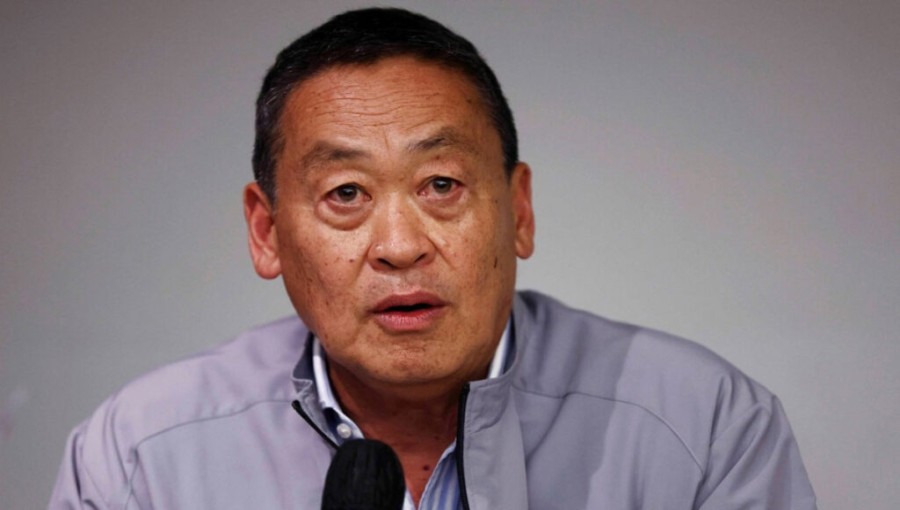Bangkok, August 13 — Thailand has been thrown into a fresh wave of political uncertainty after the country’s Constitutional Court removed Prime Minister Srettha Thavisin from office, citing a breach of the constitution. The ruling has escalated tensions in a nation already grappling with political instability.
The court’s decision, announced on Tuesday, found that Srettha violated ethical standards by appointing a lawyer currently serving a prison sentence to a government position. The court’s panel of nine judges voted 5-4 in favor of his removal, stating that the Prime Minister’s actions were in direct violation of the country's constitutional principles.
This legal ruling follows closely on the heels of the court's decision last week to ban the popular Move Forward Party, which had secured the most seats in last year's parliamentary elections. The party's leaders have also been barred from political activity for the next 10 years, further complicating the political landscape.
Srettha, who had only taken office in August last year, had been seen as a figure of stability in a country known for its frequent political turmoil. His Pheu Thai party had formed a coalition government that included military-aligned parties, an uneasy alliance that had been necessary to maintain power.
However, the court’s latest decision now forces the Pheu Thai party to nominate a new candidate for Prime Minister. This candidate will need to secure the approval of the 500-member Parliament, a process likely to prolong the current period of political uncertainty.
The charges against Srettha were brought forward by 40 senators appointed by the military, underscoring the continuing influence of military interests in Thailand's political system. With the Prime Minister's removal, the Southeast Asian nation faces the daunting prospect of forming yet another government, a process that may further destabilize the already fragile political environment.
As Thailand braces for the fallout from this ruling, the future of its governance remains unclear, with the potential for further unrest on the horizon. The Pheu Thai party, while still holding power, now faces the difficult task of maintaining its coalition and restoring confidence in the country's leadership.





























Comment: